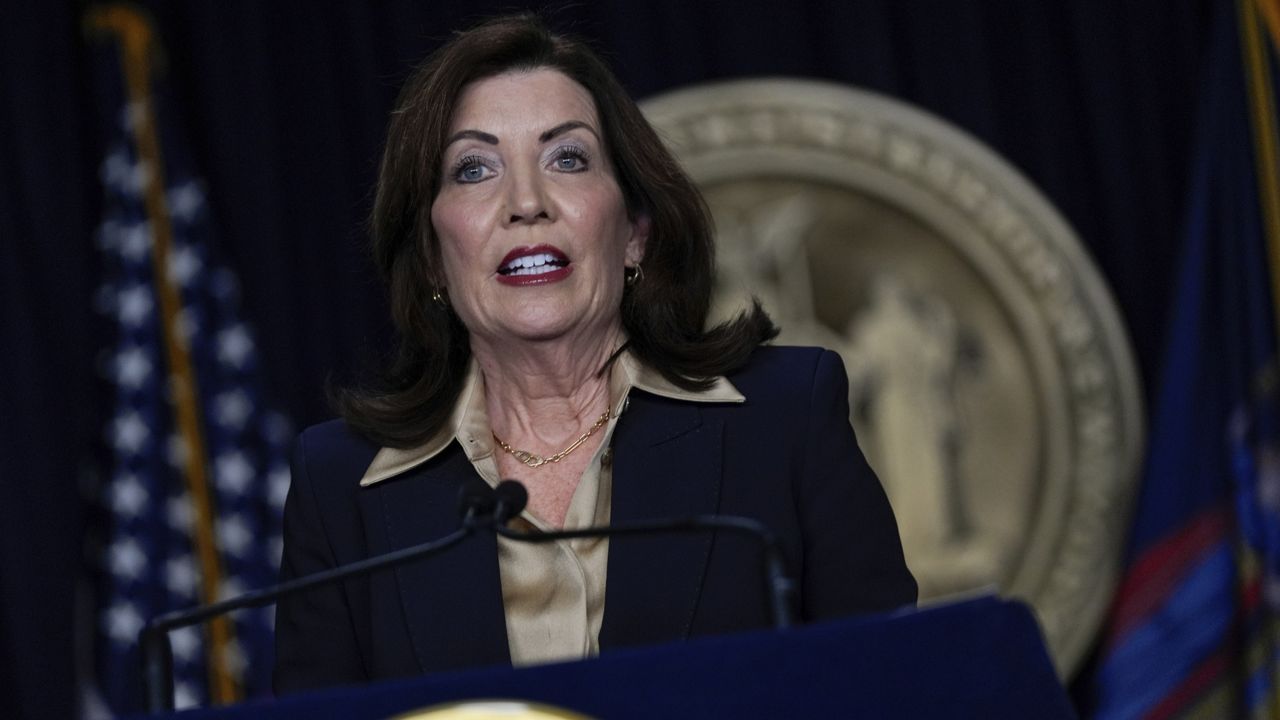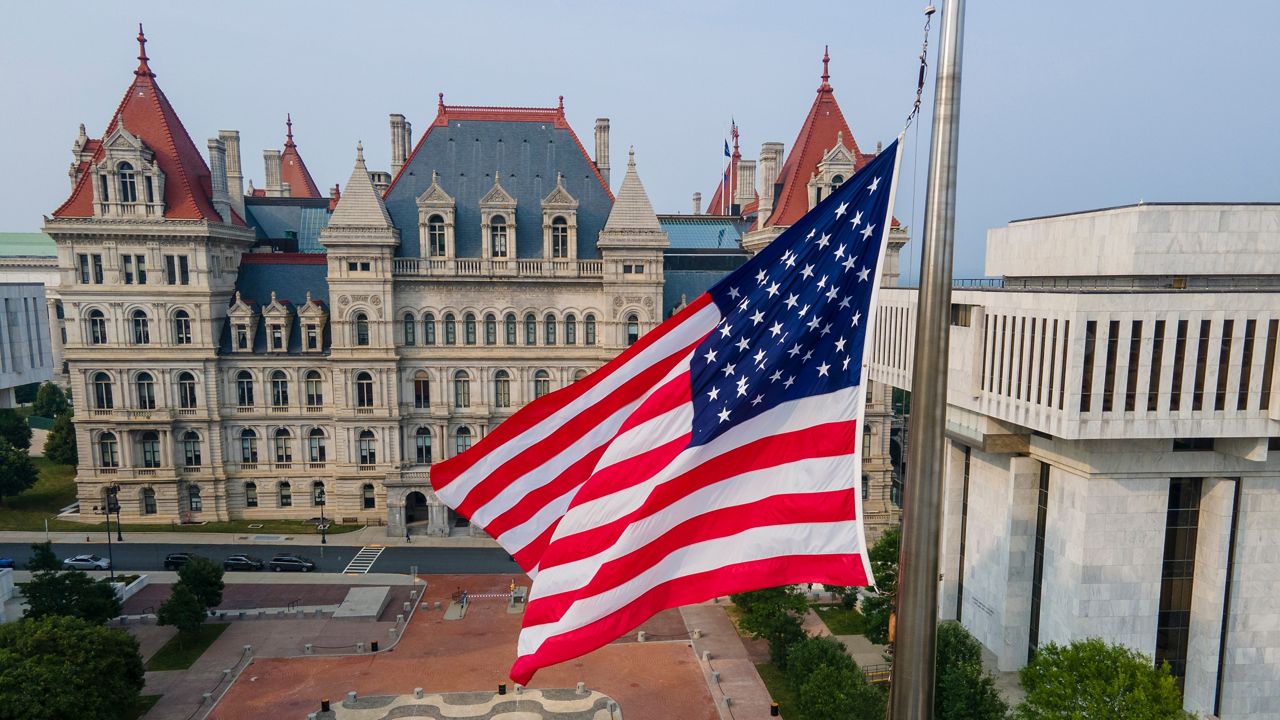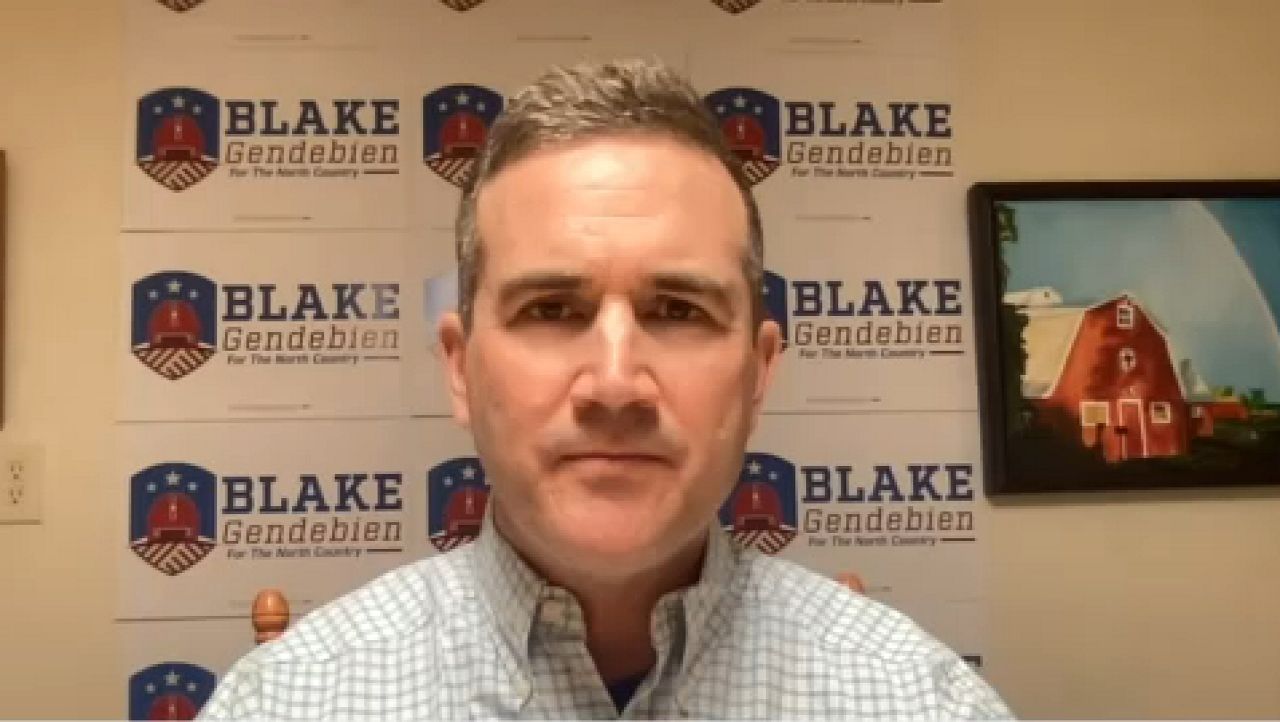Good-government advocates and lawmakers are weighing the necessity for a constitutional amendment to change New York ethics enforcement after a Supreme Court decision filed Monday declared the state's new ethics watchdog is unconstitutional.
A judge ruled Monday the structure of the state's ethics enforcement group, called the Commission on Ethics and Lobbying in Government, lacks executive oversight to appoint and approve its 11 members, violating the state constitution. The Legislature created the new agency last year to replace the former Joint Commission on Public Ethics — created by former Gov. Andrew Cuomo — after questions about its independence from the Executive Chamber.
New York Public Interest Research Group officials stand in favor of a constitutional amendment to implement the ethics reform — a critical topic in New York, which is known for its storied past of unethical public officials.
"We think a constitutional amendment is the best way to deal with it, because you can sort of deal with a lot of problems at one time," NYPIRG Executive Director Blair Horner said Monday.
Constitutional amendments must be passed by two subsequent state Legislatures before going before voters for final approval the following general November election.
NYPIRG was against the Legislature's proposal to create the new ethics group. Horner said the provision for an Independent Review Committee comprised of law school deans to screen potential commissioners is not truly independent.
"Law school professors work for agencies, or entites that lobby the government, and this agency regulates lobbying in New York state, so we didn't think that was enough," he explained.
Monday's state Supreme Court decision is a legal win for former Gov. Andrew Cuomo, who challenged the legality of the commission as it probes his use of government resources to write his COVID-19 pandemic memoir. He could be forced to forfeit his $5.1 million profit.
"The fight is really about Governor Cuomo's multimillion dollar book deal, but the impact will be on ethics enforcement in New York state," Horner said. "That's something that all taxpayers should pay care about — not only the book deal, but whether or not the state's ethics laws are being adequately enforced."
Penny Wolfgang, a former member of JCOPE and Erie County Supreme Court justice, says it's nearly impossible to create an independent ethical enforcement group that satisfies officials on all sides of the political aisle.
"It's been a problem forever — trying to get an effective, impartial ethics commission in New York state," Wolfgang said. "Whatever ethics commission is imposed, or is in the executive law, or is proposed or passed, there's always some controversy over it. There's always somebody or some people or some group that opposes it."
But the legal questions posed in the suit have merit, she said, though Gov. Kathy Hochul's representatives Monday said she intends to appeal the decision. The case is expected to reach the state's highest Court of Appeals.
"A couple of comments they make in the decision which I think are very valid is this law ... took away the governor's allegedly ceded certain powers by agreeing or by creating this executive law giving these powers to this commission," Wolfgang said. "They make the point it's not just this governor that would have to apply to this constitutional standard or abide by this decision, but it affects all future governors as well. Therefore, it's not just politically astute now, it's going to have a big effect on what the future does."
Lawmakers say they'll be waiting for expected decisions in higher courts to determine if further legislative changes to the ethics commission are needed.
Assemblywoman Jo Anne Simon, a Brooklyn Democrat, says she won't rule out supporting a constitutional amendment, but argues it shouldn't be necessary.
"I actually don't believe that a constitutional amendment is needed, No. 1, or that is necessarily the best way to go," she said. "But nobody's going to make a new law about this until we actually have a final ruling from the competent jurisdiction on this, which I think is going to end up being the Court of Appeals — and then we'll see."
The assemblywoman questions several things about Monday's decision.
"There are a number of things here that just kind of don't make a lot of sense," Simon said. "The whole goal of creating this newer government ethics watchdog and enforcement entity was, in fact, to make it more independent. So this judge is saying the governor should be in more control. I'm not quite sure I get it."
But future legislative action depends on the courts.
"...We'll see what the court says — and you know, we'll follow the law," Simon said.










